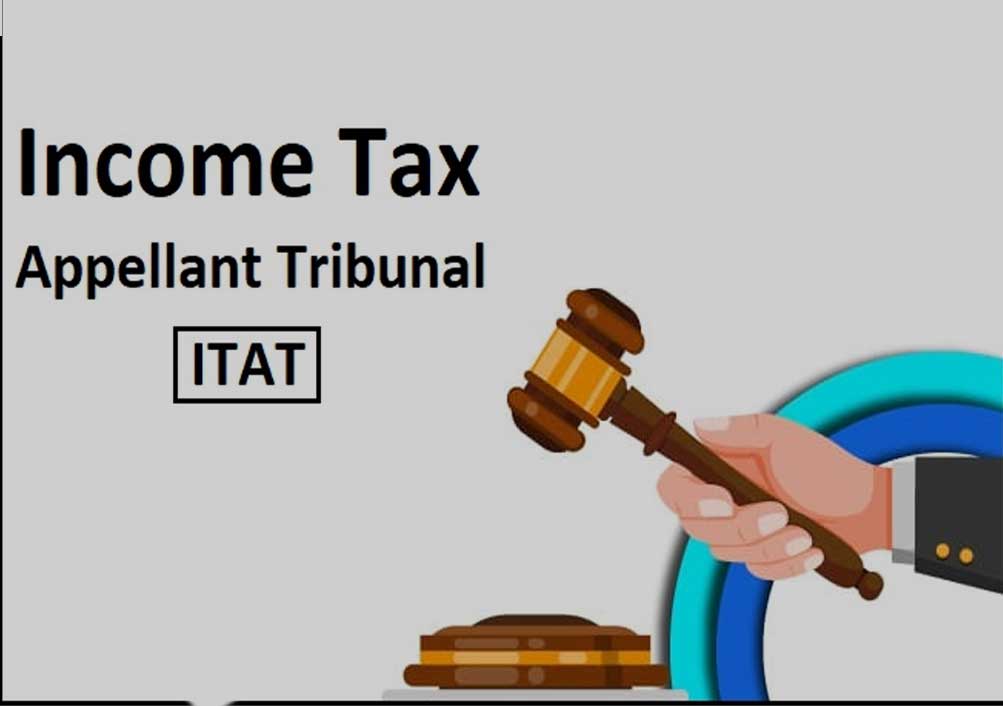In ITA No.2311/DEL/2019 – ITAT - ITAT (Delhi) clarifies that Section 41(1) of Income Tax Act requires Assessee to receive some benefit ‘by way of Remission or Cessation of Liability’ for its invocation
Members Kul Bharat (Judicial) & Pradip Kumar Kedia (Accountant) [23-05-2023]

Read Order: Raunika Fashion Pvt. Ltd v. The Income Tax Officer
Chahat Varma
New Delhi, May 24, 2023: By placing reliance on Commissioner of Income Tax-III v. Shri Vardhman Overseas Ltd. [LQ/DelHC/2011/5178], the Delhi bench of the Income Tax Appellate Tribunal has held that for the provisions of section 41(1) of the Income Tax Act to be invoked, it is essential that the assessee must have received ‘some benefit’ in relation to the trading liability. However, such benefit should be ‘by way of remission or cessation of the liability’.
Brief facts of the case were that Raunika Fashion Pvt. Ltd (assessee) had filed its return of income declaring a loss of Rs. 9,27,239. The Assessing Officer (AO), during the assessment, raised an allegation that four parties appearing as sundry creditors with a total outstanding amount of Rs. 69,59,056 had been outstanding for the past three years. A notice was issued under section 133(6) to such creditors to confirm whether liability still existed or not but could not be served. The assessee contended that some payments were made to the parties in question, however the outstanding balances existed due to ongoing financial problems and lack of funds. The assessee submitted that the liability still existed in the books of account and, therefore, the provisions of section 41(1) of the Act could not be invoked. However, the AO concluded that the liability had ceased to exist based on the non-service of notice, as a result, the provisions of section 41(1) were invoked, and the additions amounting to Rs. 69,59,056 were made by the AO.
The Tribunal noted that the assessee contended that the trading liabilities claimed to be payable to several parties were subsisting liability. Despite the observation of the AO that such creditors could not be traced on the address given by the assessee, it was incorrect on the part of the Revenue to conclude liability shown in the balance sheet to be non-existing liability for the purposes of section 41(1) of the Act.
The Tribunal held that the assessee had continued to recognize the liability and one cannot say that the liability was not unenforceable against the assessee without its discharge or reversal. A mere fact of expiry of period of limitation to enforce it does not, by itself, constitute cessation of liability.
Sign up for our weekly newsletter to stay up to date on our product, events featured blog, special offer and all of the exciting things that take place here at Legitquest.




Add a Comment